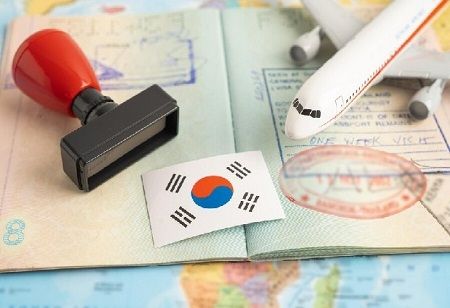
- South Korea, U.S. agree to cap tariffs at 15% with $450B deal.
- $150B to revive U.S. shipbuilding; $200B for tech collaboration.
- Korea gains MFN status; rice and beef remain protected.
In a last-minute development, South Korea and the United States reached a $450 billion trade agreement on July 31, capping U.S. tariffs on Korean exports to 15% and avoiding a steeper 25% rate that was to take effect the next day. In exchange, the South Koreans made a $350 billion investment pledge, along with agreeing to $100 billion in U.S. energy imports over the next four years.
The new 15% tariff is “reciprocal” – because it allows for Korea to be under the same or similar arrangements that the U.S. has with Japan and the EU. However, it also effectively suspends the near zero tariffs previously provided under the 2012 Korea-U.S. Free Trade Agreement.
President Lee Jae Myung described the agreement as a "huge breakthrough" because it eliminates uncertainty for Korean exporters and foster's industrial coordination with the United States. "This aligns America’s goals for a manufacturing renaissance with Korea’s ambitions to develop industrial competitiveness," he said via Facebook.
Also Read: South Korea Faces US Tariff Risks Due to Export Dependence
For Washington's requests, Seoul’s new administration quickly raised its offer from $100 billion to $350 billion. The buyout offer includes $150 billion for a Korea-led shipbuilding program called "Make American Shipbuilding Great Again." The Finance Minister Koo Yun-cheol described the shipbuilding program as a critical component in concluding the deal, pointing that Korean companies are world leaders in ship design and shipbuilding.
The remaining $200 billion, roughly equity, loans and guarantees, will support joint ventures in strategic sectors: semiconductors, nuclear, batteries, and biopharmaceuticals. To mitigate risk, the U.S. committed to purchasing the output from selected projects where the outputs have been satisfied for commercial viability.
South Korea also achieved most-favored-nation status already agreed upon for U.S. tariff decisions related to semiconductor and pharma, which insulated those areas from discriminatory increases. Agricultural protections were preserved in the U.S. for Korean rice/beef protections.
Importantly, Korea’s total investment package is smaller than Japan’s $550 billion, with Korean public-sector contribution being only 36% of the Japanese equivalent. Some issues including defense cost-sharing, AI chip controls, and digital trade are unresolved and will be discussed in future discussions, likely at a future summit between Lee and Trump.

